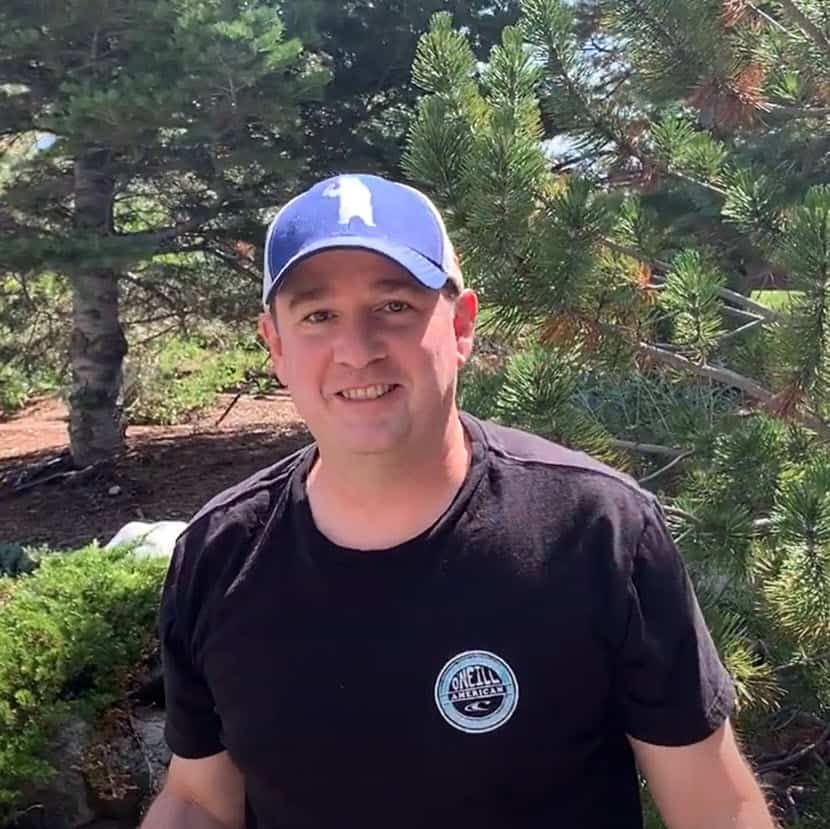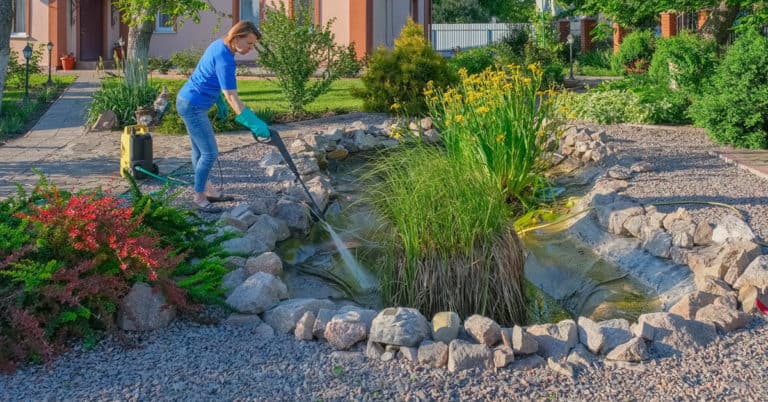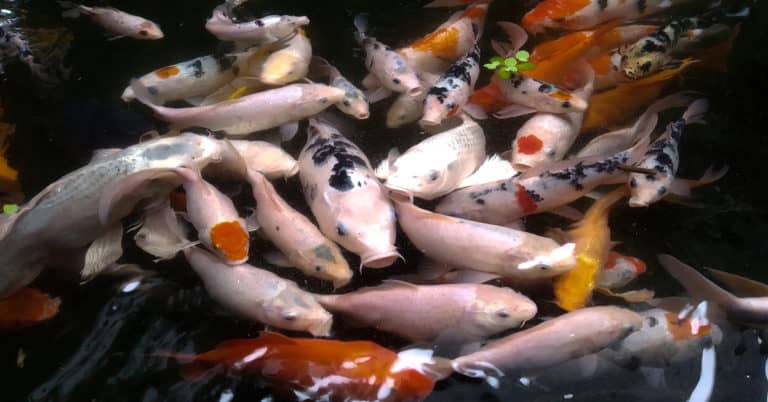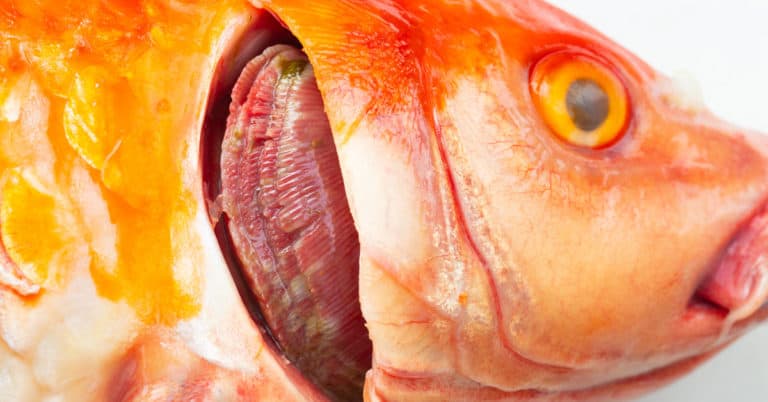Have you ever had a tropical fish aquarium? If you did, you probably know firsthand how quickly the water can turn foul, ruining the look of your fish tank, threatening the health of your fish, and creating a big mess.
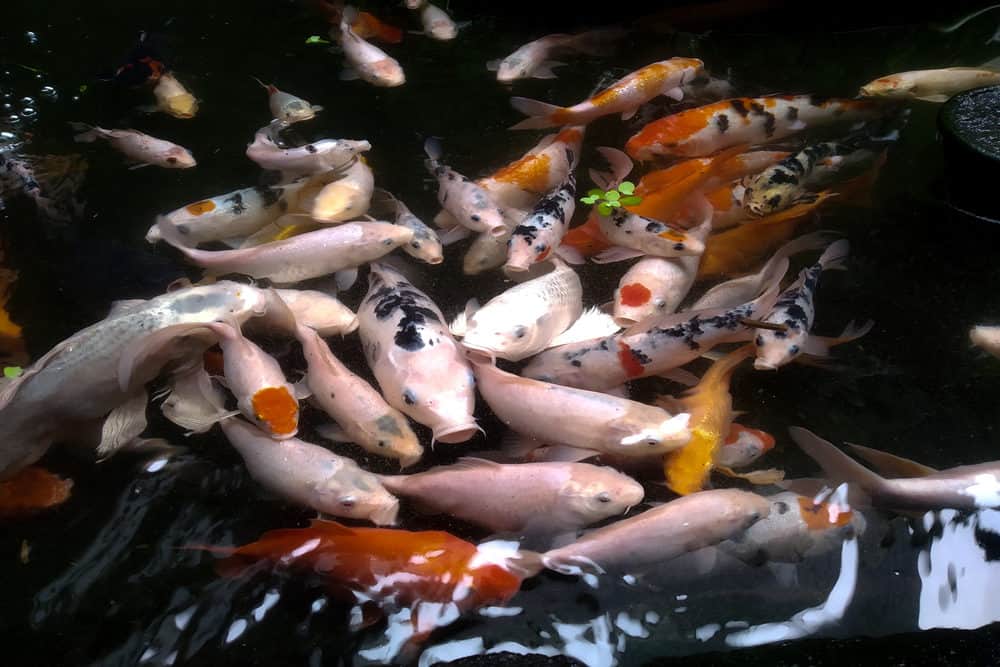
Consider what it would be like to bring your aquarium outside and create a koi pond. Just like the indoor version, the backyard pond you create will need significant and routine attention.
To put the koi pond maintenance costs in perspective, consider that pond cleaning is essential for keeping your koi fish safe and your pond looking its best.
Note that maintaining a koi pond by yourself can be a big headache. If you need help, we've created a list of koi pond cleaning and maintenance companies for you to check out.
To keep its ecosystem, pond fish, and aquatic plants safe and healthy, a pond owner needs to understand the basics of pond maintenance. Let’s look at a few parts of a typical pond and the care they require.
Your pond liner shouldn’t require much maintenance. Once installed, always take care to avoid rips or tears that could compromise the liner’s ability to hold water. It’s a good idea to remove any large trees that might fall nearby, preventing branches from falling into the pond and damaging the liner.
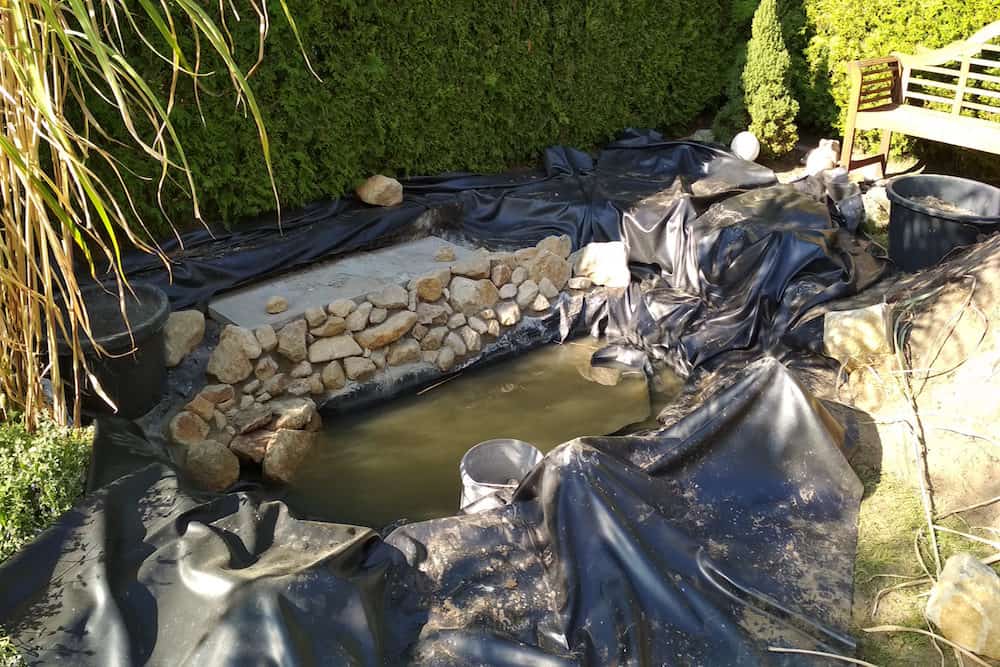
Koi fish are an excellent choice for a backyard pond. If you have a koi pond, the cost will go up compared to a simpler pond with no fish.
If you have very exotic koi fish, you may want to have periodic visits from a veterinarian. Vet services are not inexpensive, especially if they travel to your home. The average salary of a traveling veterinarian is more than $75,000.
Each fish will also need to be caught in a net and placed in a temporary enclosure for the vet to treat and care for them, and the process can be quite lengthy. It gets even longer if your pond’s stock is expansive.
Plant life in and around your backyard pond is essential. It helps maintain a pond’s ecosystem and also adds to the ambiance and aesthetic appeal of your pond. Your garden plants shouldn’t require heavy maintenance, but you will have to trim them back periodically.
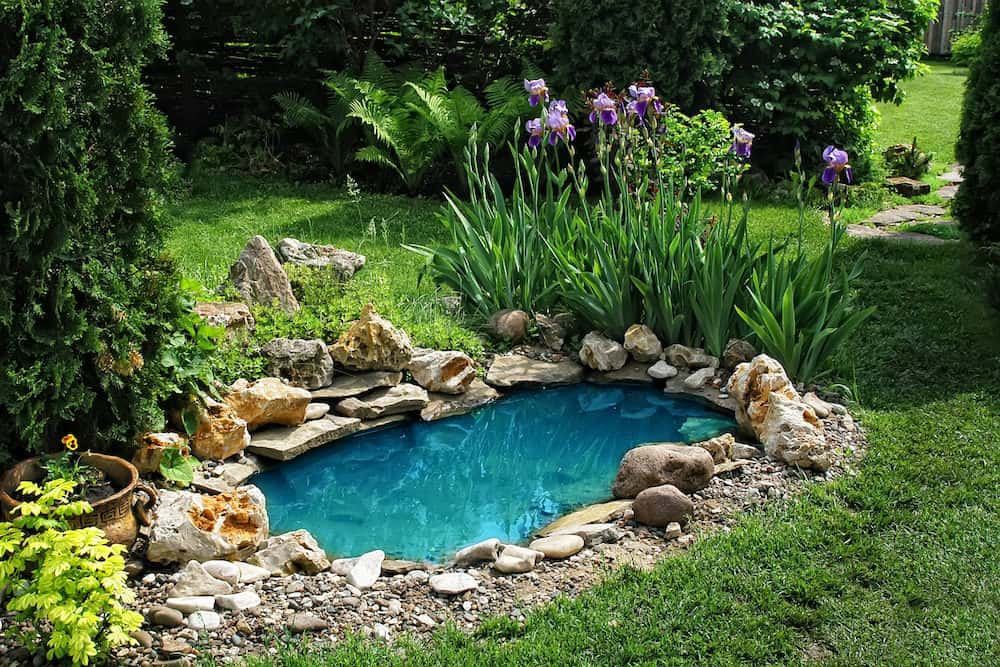
If your garden pond has a simple water feature like a fountain or a waterfall, you’ll have to maintain the plumbing, the pump, and the water feature itself. If you live in a climate where things freeze in the winter, you’ll have to pay to winterize the system by blowing the water out of the lines.
You could probably do that on your own, but if you don’t get all the water out and something freezes, you’re going to have an expensive headache when you start the system in the spring.
The water in your pond itself is probably the single biggest driver of maintenance costs. You’ll need to maintain a filter system to circulate and clean the water. Filter maintenance on a pond isn’t as expensive as on a swimming pool. But, it will still require visits from a maintenance company or some DIY work.
It’s quite likely that you will have to drain and refill your pond periodically, so don’t forget to budget for the cost of having water pumped out and trucked in.
Since each backyard pond is different, your estimated koi pond maintenance costs can vary significantly. There are two main drivers of costs for pond maintenance: The size of the pond and the condition of the pond.
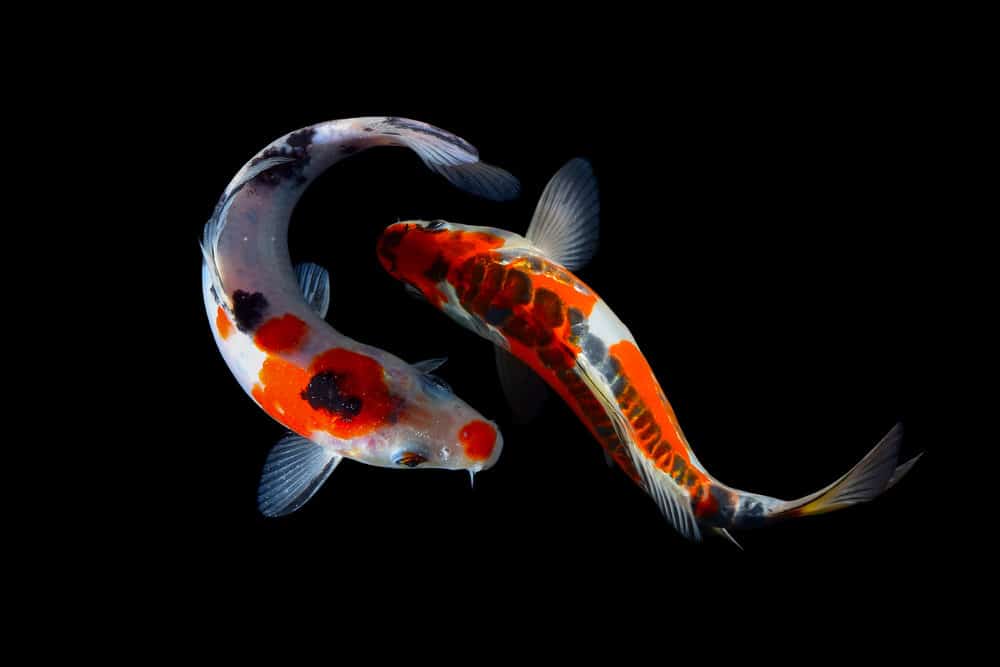
Larger ponds will cost more money to maintain, and ponds that haven’t been cleaned in a long time will be more expensive to clean up.
Let’s look at specific maintenance items and costs for reference.
Ponds are exposed to the elements. Leaves, debris, bugs, and animals will all be regular visitors to your water, contributing to sediment build-up on the liner at the bottom.
Ponds are also susceptible to the growth of bacteria and algae, and that’s not healthy for your koi. So, you will need to drain the pond to clean the physical debris regularly. The cost of draining the pond shouldn’t be too high.
But, take into account that you’ll have to catch and temporarily contain your koi elsewhere. Some contractors erect small, temporary tanks while they service ponds. Others bring heavy-duty plastic bags and add water, giving each fish a little aquarium of their own while the work is done.
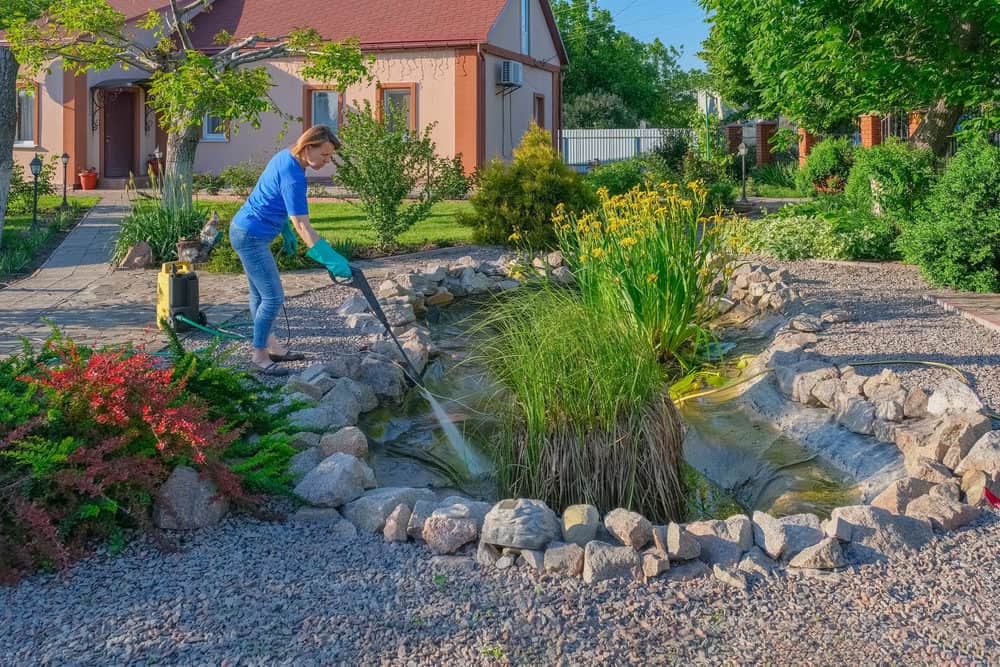
Either way, that is a time-consuming and labor-intensive process that can cost anywhere from a few hundred dollars for a small, clean pond to more than $5,000 for large, dirty ponds.
Then the debris is mucked out, and the sediment is hosed off and pumped out. Then, you can refill the pond with replacement fresh water from a truck.
At this same time, you or your koi pond service company should consider doing some other maintenance tasks:
A simple circle pond with a diameter of fifteen feet and a uniform depth of three feet will have a volume of almost 16,000 gallons of water. Even the most giant tanker trucks aren’t big enough for that amount of water, so you might expect to need three full tankers of water, assuming the tanker has a capacity of about 6500 gallons.
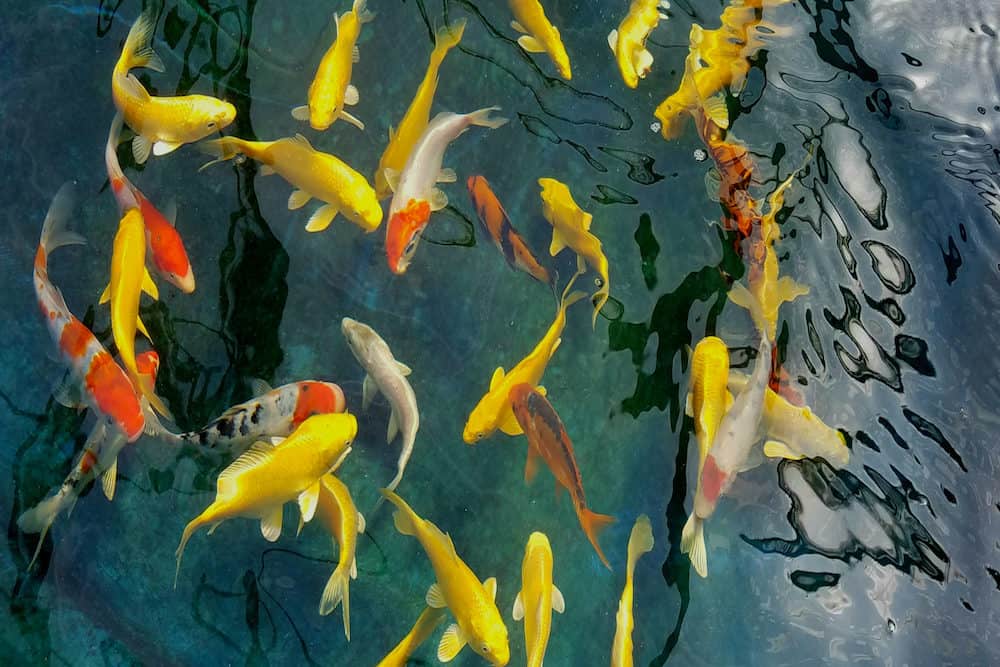
If you have a larger pond, the volume of water can be staggering.
Based on water volume alone, you should expect to pay anywhere from $350 to $500 per load of water. Depending on how far the trucks need to travel from the fill source to your home, you may pay even more for fuel costs. The cost may even ramp up significantly if your area is experiencing drought conditions.
If you live in an area with a cold winter climate, you are familiar with shutting off your outdoor water supplies. If you have a swimming pool or irrigation system, you or a service company probably blow the plumbing lines out with compressed air so they don’t crack in freezing temperatures.
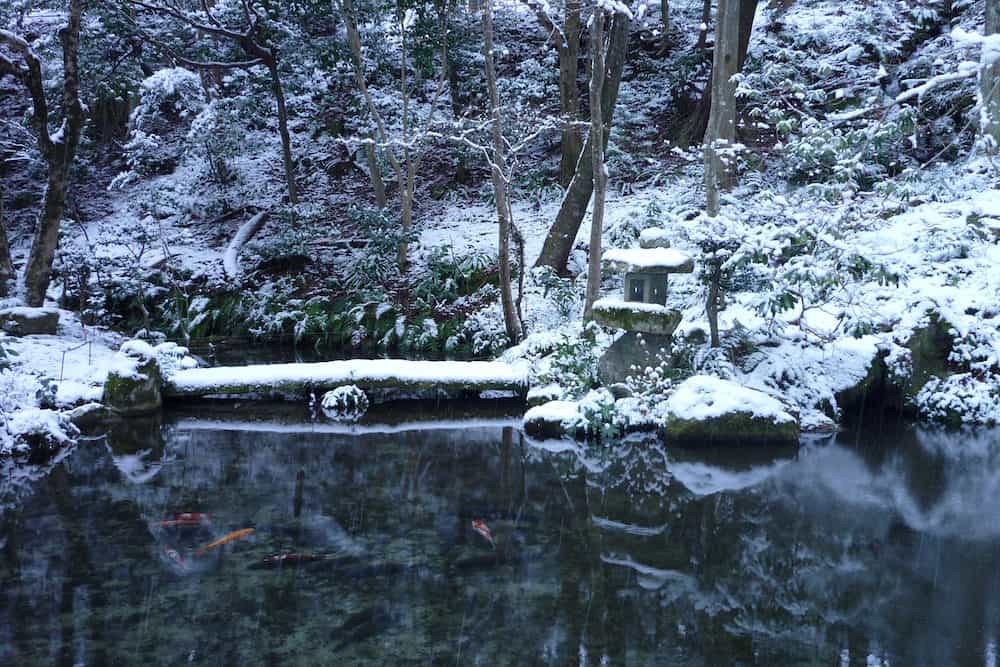
A koi pond’s plumbing needs the same treatment. Typically, the pump needs to be removed for winter storage. That is a pretty simple job, so it will only cost a couple of hundred dollars for a professional, and you might be able to do it yourself.
Make sure to leave your aerator running. And, if you live someplace with truly harsh winters, your pond probably has a heating element that you’ll need to install.
One thing you don’t have to worry too much about in the winter is the koi themselves. Their metabolism slows way down, and they just chill out under the ice.
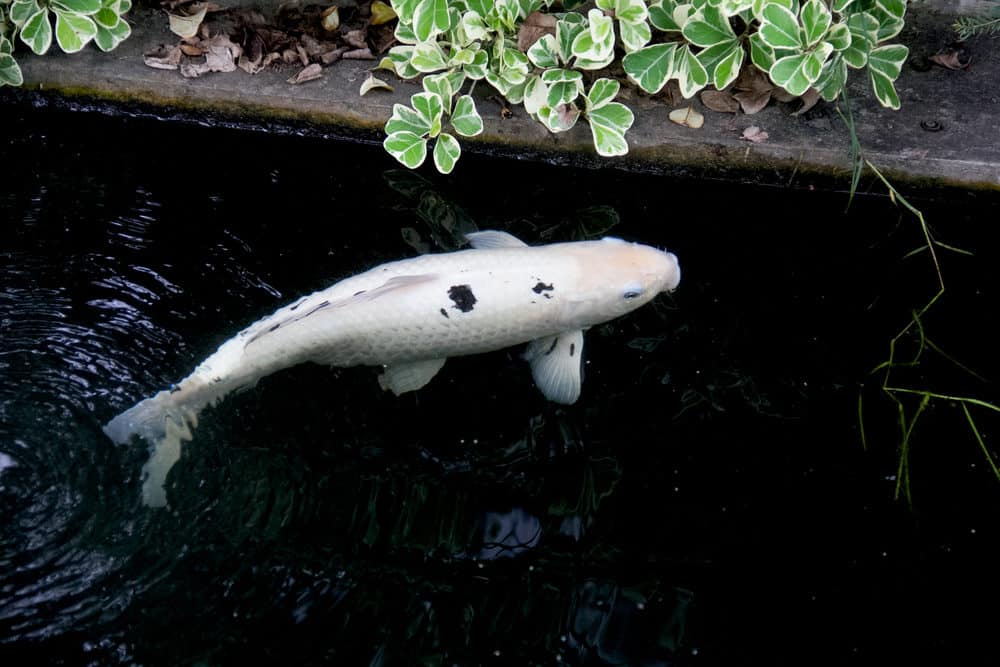

You should be very careful using your home’s water supply to fill up the pond. If you have municipal water, the chemicals used to keep it safe for drinking are probably not ideal for your koi pond. And, you will likely have a fee per gallon to pay anyway.
If you have well water, you could easily overheat and damage your well’s pump by running it to add a significant volume of water to your pool.
If you have an indoor pond or a pondless waterfall, it will be less expensive to maintain in general than outdoor koi ponds, as indoor ponds are far less susceptible to getting dirty and pondless waterfalls usually don’t have much fish, if any.
In certain areas, preventing predation of your koi is essential. Herons, bears, cougars, lynx, raccoons, minks, and river otters can do considerable damage to a pond stock in a short time.
Herons, in particular, pose a significant threat to koi. As you can see from that quick video, even a net isn’t a guarantee to stop them. So, you should factor in netting, traps, fencing, and replacement fish stock as part of your maintenance costs. Koi can cost anywhere from $30 per fish to many hundreds of dollars for exotic koi.
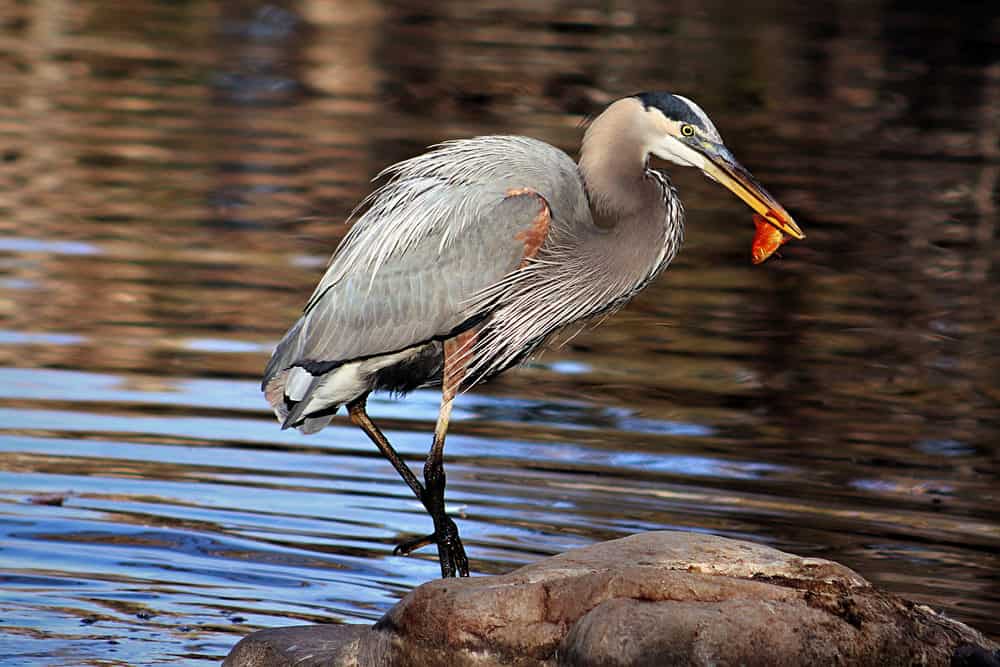
One of the best tools for figuring out what happens at your pond when you’re not watching is a trail camera. Consider mounting one nearby with a good view of the pond. It can help take some of the mystery out of unexplained koi disappearances.
So paying a few hundred extra dollars for a strong net, some traps, and other tricks to scare away predators will save you money over time.
A sparkling clear koi fish pond can be the centerpiece of a magnificent backyard.
In order to maintain its appearance, there are a few warning signs to keep an out for. Realizing you have a problem and taking quick action to fix it will probably save you money in the long run.
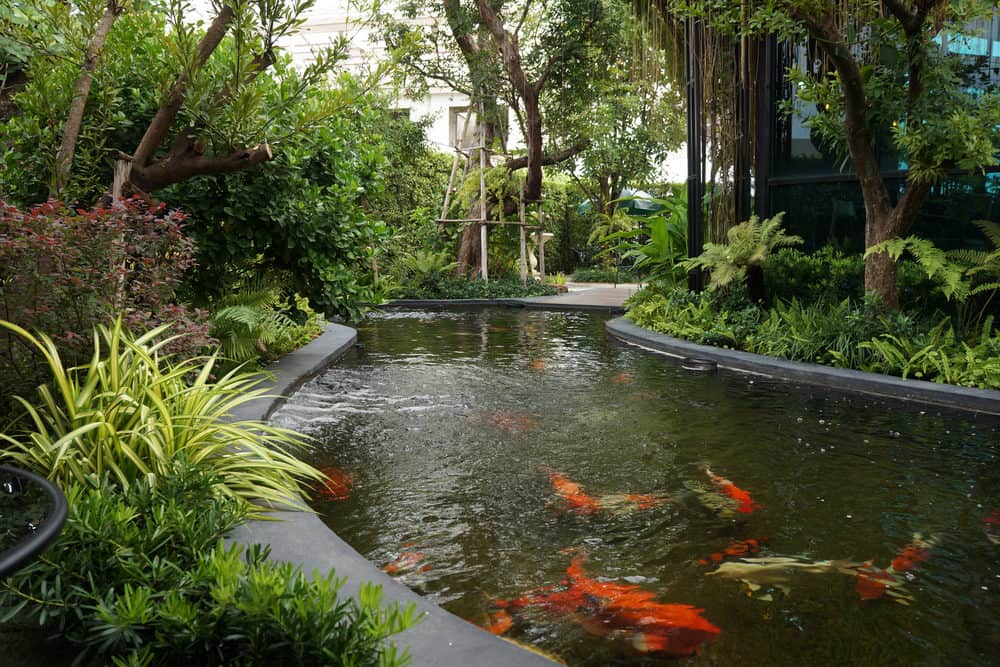
Signs you need to perform maintenance on your backyard koi pond include:
